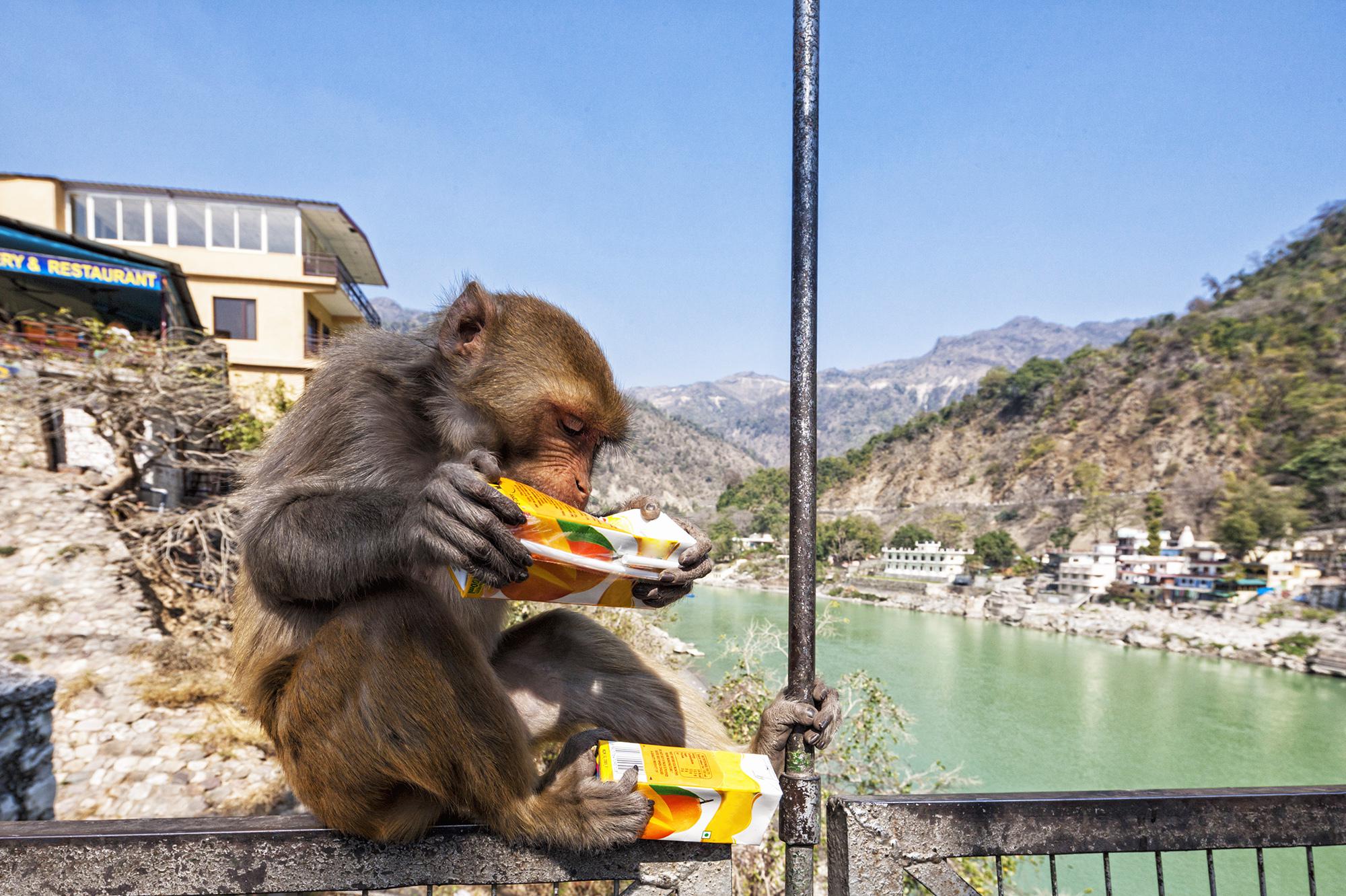In Lab Turned Casino, Gambling Monkeys Help Scientists Find Risk-Taking Brain Area
Scientists at Johns Hopkins have identified a brain region in monkeys that influences their desire to take big risks. When this area is inactivated, the monkeys tend to hedge their bets.
by Jon Hamilton
Sep 20, 2018
2 minutes

Experiments with two gambling monkeys have revealed a small area in the brain that plays a big role in risky decisions.
When researchers inactivated this region in the prefrontal cortex, the rhesus monkeys became less inclined to choose a long shot over a sure thing, the team reported Thursday in the journal Current Biology.
"They did not like the gambles anymore," says, an author of
You’re reading a preview, subscribe to read more.
Start your free 30 days





